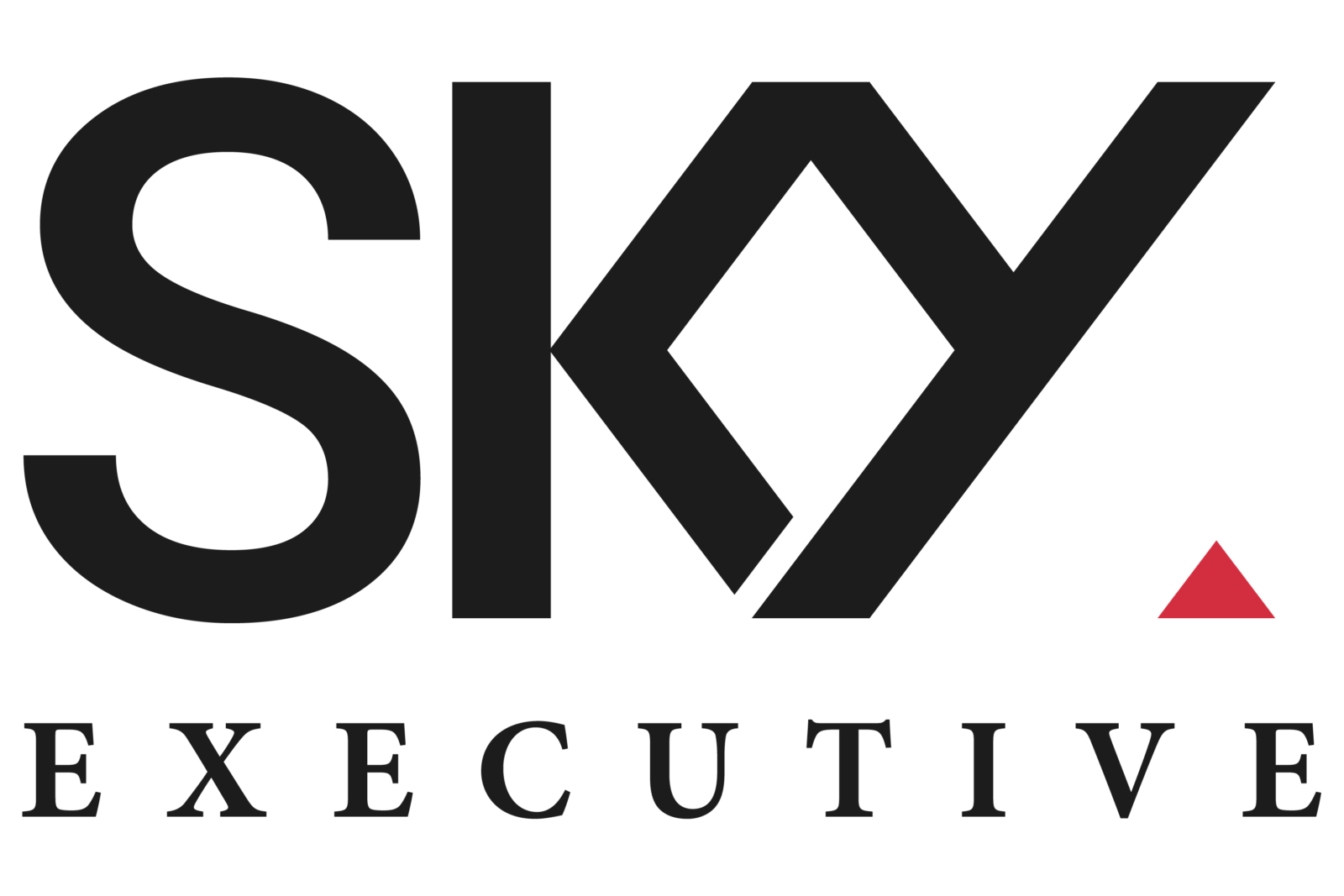When a function is changing, it also requires recruitment companies to adapt and understand these changes. Only than they are able to successfully match the right candidates with the demands of their clients. This is even the more important when it concerns the top jobs, that lead those functional changes.
If we look at procurement the function has changed considerable the last 15-20 years and will continue to change. Procurement professionals nowadays need to balance costs, risks and value. This can be characterised initially with more focus on prices and cost. Later risks were added. And in recent years we see that many procurement leaders are demanded to add value to the company results.
Required key competences companies are looking for when they are recruiting their procurement executives have a wide variation. This goes back to differences in:
Add to this list the fact that the demands to the procurement functions are increasing. Procurement executives have to lead and give direction to an increasing number of topics in a volatile, uncertain, complex and ambiguous world.
Macroeconomic shifts and post global trade era
In the Asian region and especially in China, the macroeconomic and global trade context will have a considerable effect on the function. Demographics show large outflow of people from the workforce from 2020-25 and scarcity of talent, which puts pressure on the availability. Export will remain important, however will change from low cost and assembled goods with low margins to higher margin products, driven by local innovation. Labour arbitration has and will become even less important for China. Efficiency improvement, automation, will become of growing importance. As the contribution of services in China’s GDP is growing, this also means that procurement professionals will more and more will deal with purchasing services (also driven by adjacent innovation). Local for local and regional business focus and supply chains will characterise the post global trade era.
Business drivers and realities
Then there is a long range of topics where procurement leaders are required to display knowledge, experience and change management skills like: innovation, sustainability, talent management, value creation, risk management, digitisation, strategic supplier collaboration, stricter regulation, cyber security and health and safety which are all coming on top of.
Demands to procurement leaders
In China, many current procurement leaders have developed to great procurement professionals through careers in different (multinational) organisations, having acquired their professional skills. These typically can be from supply market analysis, commodity management, low cost country sourcing, team management, contracting and supplier approval, onboarding and management. Often, they are managing teams responsible for logistics, warehousing and tactical and transactional purchasing. Reporting lines of procurement very often are into the Supply Chain and in multinational companies into the functional leader in other parts of the world. If this, given the impact of procurement, is the right positioning in companies is certainly an ongoing discussion. But this is not the topic of this blog.
The development of these procurement leaders is put under pressure due to fast developments in the markets and the function.
What procurement leaders, recruiters are looking for
Recruitment for procurement executives will look more and more for managers and leaders that on top of their strong professional skills are able to operate successfully in this VUCA world, which means they have to be to be able to:
This will be an interesting challenge to the function and even the more to talent managers and recruiters to find the right professionals.















